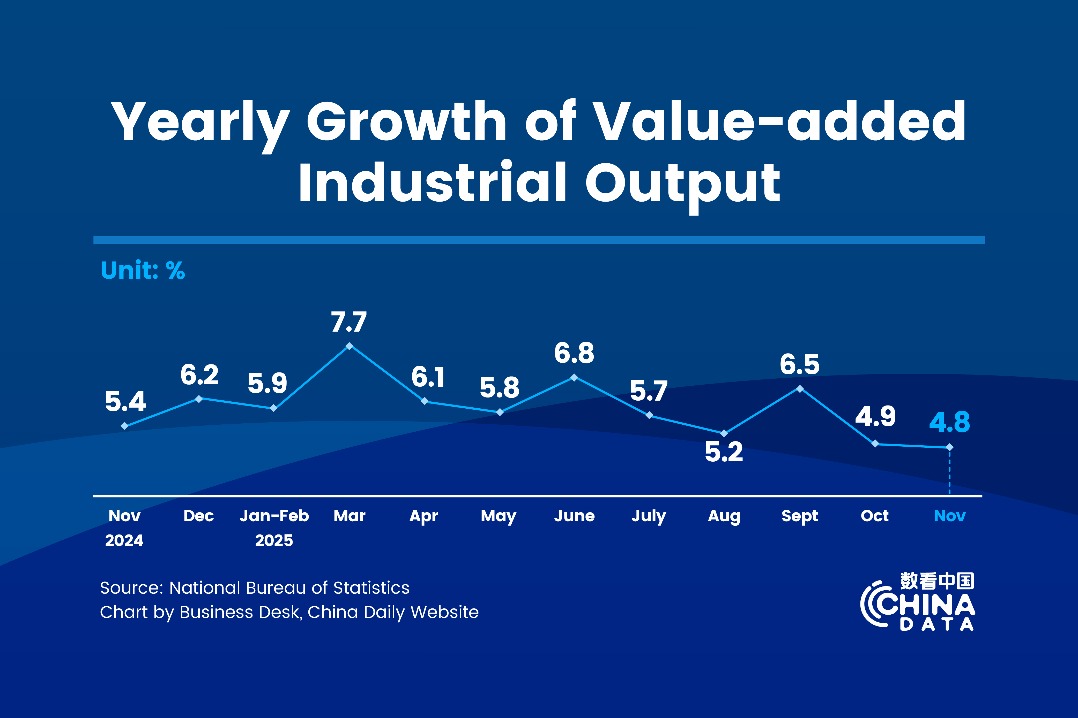Sustainability will be major economic factor

 |
| Stephan Kothrade, president functions Asia-Pacific & president and chairman of BASF Greater China. [Photo provided to China Daily] |
Editor's Note:
The 19th National Congress of the Communist Party of China ended in Beijing on Tuesday. In the runup to the meeting, China Daily asked business leaders from major multinational companies for their views on economic developments here and the country's global leadership role.Stephan Kothrade is president functions Asia-Pacific, as well as president and chairman of BASF Greater China, part of the world's largest chemical company based in Germany.
How has the Chinese economy performed so far this year and what are your projections for 2018?
For the first seven months, GDP (gross domestic product) has been stable at 6.9 percent, so China's full-year outlook is likely to be higher than expected.
A robust economy continues to drive investment and domestic consumption, while chemical demand in China is expected to continue to outpace other countries.
Businesses can take advantage of the huge base as a driver of regional and global economic growth. In particular, the emphasis on sustainable development in the 13th Five-Year Plan (2016-20) creates enormous opportunities for BASF.
We can provide solutions to reduce energy consumption and increase standards of living to name just a few examples. Sustainability will become a major factor in the future and chemistry is crucial to innovative solutions.
What factors will boost growth this year and in 2018, and what are the challenges facing China's economy?
Current growth (6.9 percent in the first three quarters) proves China has solid fundamentals. This is due to the various initiatives to boost globalization and sustainable development. For example, the emphasis on innovation and smart manufacturing is particularly relevant to the chemical industry.
The number of chemical patents from China now accounts for about 50 percent of them worldwide. Environmental issues are also hot topics among the general public, as well as the policymakers.
Under this backdrop, the biggest challenge in the chemical industry is the lack of trust from the public. To tackle this requires combined efforts from multinational and local companies, and collaboration among all partners along the value chain. We can only gain trust through high environmental performance and open dialogue.
As a Fortune 500 company, which sectors do you think offer most opportunities for development?
China has witnessed the fastest growth in the world during the past three decades. The Made in China 2025 strategy outlines ambitious goals for developing 10 industries.
These new sectors represent science and technology. Chemistry is the basis for various innovations, such as new materials for insulation, catalysts to reduce emissions and battery materials for electric cars, to name a few.
What opportunities will the Belt and Road Initiative throw up for China and the rest of the world?
This is all about connecting people, resources and ideas. They are the three core elements which create business opportunities for local and multinational companies.
For the chemical industry, in particular, the Belt and Road Initiative has the potential to create a wide variety of indirect opportunities. This is because solutions from the world of chemistry play an important role in enabling faster and more sustainable construction, greater energy efficiency, and better infrastructure.
How do you view China's business environment and what will be BASF's investment strategy?
We believe the key fundamentals of economic growth, including the chemical industry in China, are intact. The industrial transformation has created continuous demand for chemistry innovation.
We are, therefore, strongly committed to strengthening our local production and innovation here. Chemical production in China already accounts for a third of global production.
From 2017 to 2021, we have a planned capital expenditure of around 3 billion euros ($3.53 billion) for Asia-Pacific. A fair share of that will go to China.
How can China achieve stable and sustainable economic growth?
We hope the reform efforts of the 13th Five-year Plan, as well as the awareness of the economic headwinds and the need to upgrade environmental standards, will lead to further opening up of the economy.
This means deregulating areas where foreign businesses are constrained.
The active participation of multinational companies is crucial as China becomes a major player in the global economic arena.
BASF is the largest foreign investor in China's chemical industry. We see the next wave of economic development as being the integration of value chains in clusters. Again, this means from upstream sources, such as chemical manufacturing, to downstream industries, such as automotive and electronics.
Such an integrated approach is efficient and effective. It will also create combined benefits for employment and economic development, as well as producing a better quality of life. Sustainable growth will be achieved as a whole across the country.




































